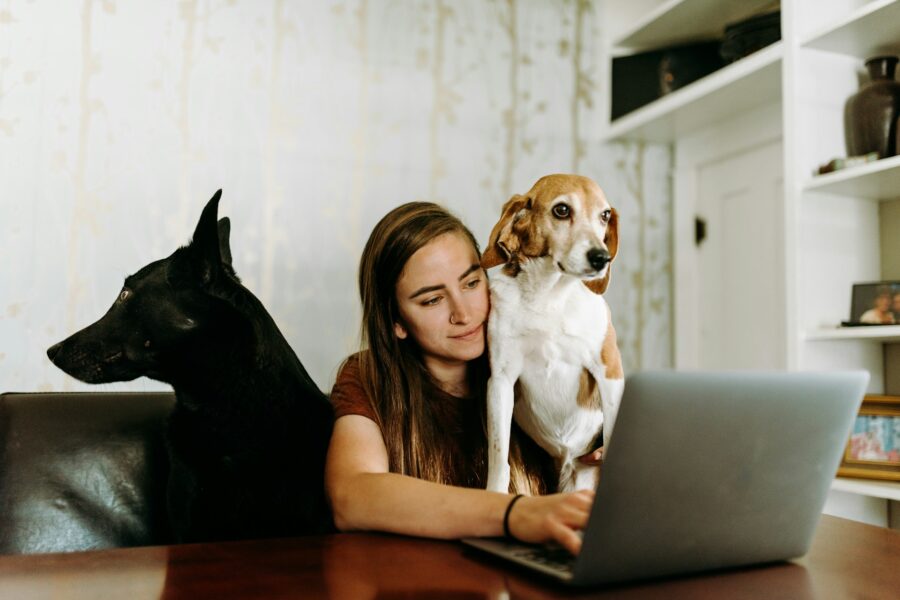We live in a world that places a lot of pressure on us to have everything figured out.

From work to relationships to personal goals, there’s this unspoken expectation that we should know what we’re doing and where we’re going at all times. But the reality is, none of us have all the answers. Life is messy, uncertain, and unpredictable, and that’s perfectly okay.
In fact, embracing the fact that you don’t have all the answers can be one of the most freeing things you can do for your mental health and personal growth. There’s so much value in leaning into uncertainty, asking questions, and allowing yourself the space to explore without the pressure of having it all figured out. So, how do you embrace not having all the answers? Here’s how to start getting comfortable with the unknown.
Accept uncertainty as a part of life.

Uncertainty is uncomfortable. Whether it’s about your career, relationships, or the future, it’s easy to feel anxious when you don’t have a clear roadmap ahead. But uncertainty is a natural part of life. In fact, research from the Journal of Experimental Psychology has shown that our brains are wired to seek certainty, but this need for certainty can also contribute to stress and anxiety. The more we try to control the unknown, the more stressed we can feel when things don’t go as planned.
Instead of fighting uncertainty, try accepting it as part of your journey. You can’t predict the future, and that’s okay. Learning to live with uncertainty is key to feeling more at ease in life. Embrace the unknown as an opportunity for growth and discovery, rather than something to be feared.
Let go of the pressure to have it all figured out.

The pressure to have everything sorted can be overwhelming. Whether it’s finding the perfect career path, maintaining a picture-perfect relationship, or achieving certain milestones by a certain age, society’s expectations can feel suffocating. But the truth is, no one has everything figured out. Everyone is figuring things out as they go along.
Letting go of the need to have all the answers can free you from unrealistic expectations. Life is a series of trial and error, and it’s okay not to have all the answers right now. In fact, sometimes, not knowing is exactly where the magic happens. It’s where curiosity, learning, and self-discovery thrive.
Focus on the journey rather than the destination.
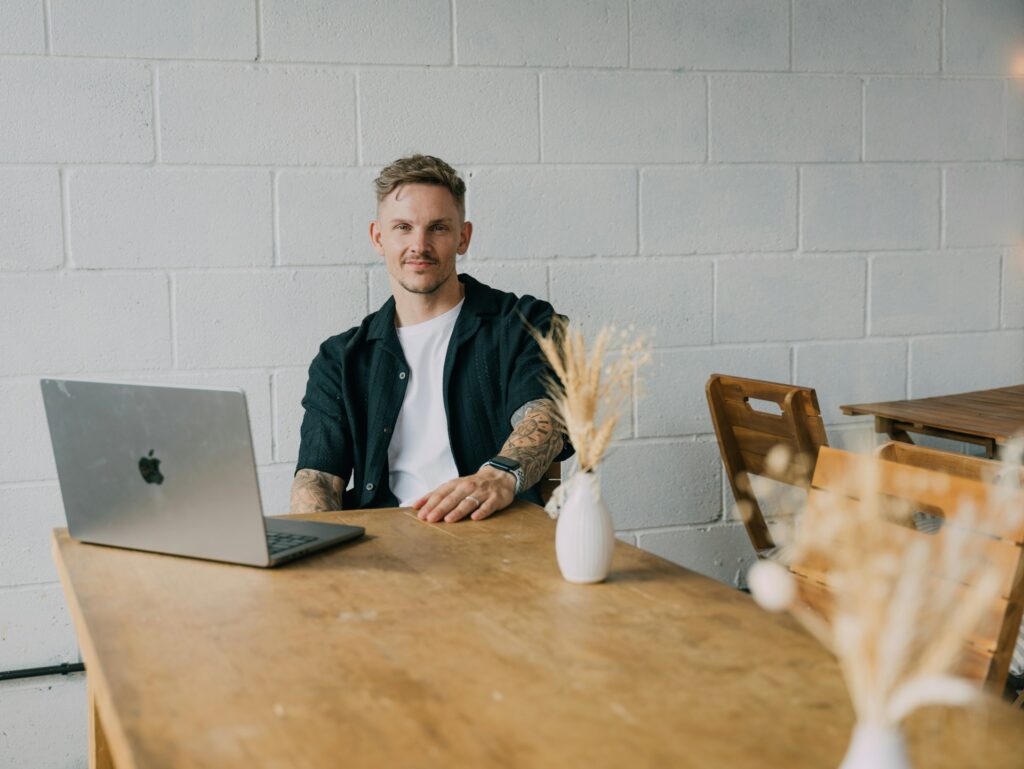
Sure, it’s a bit cliche, but it’s a good rule of thumb. When we think we need all the answers, we often focus too much on the destination. Whether it’s achieving a specific career goal or figuring out the “perfect” life path, the pressure to get somewhere fast can distract us from the beauty of the journey itself.
Instead of fixating on where you’re going, focus on how you’re growing along the way. What are you learning about yourself, about other people, and about the world around you? Embrace the twists, turns, and detours as opportunities for personal growth, rather than seeing them as obstacles or failures.
Ask more questions and be open to learning.

One of the most empowering things you can do when you don’t have all the answers is to ask more questions. Curiosity is a powerful tool for personal and professional growth. Instead of feeling like you should know everything, approach life with an open mind and a willingness to learn.
Ask questions, new perspectives, and be open to new ideas. The more questions you ask, the more you realise that you don’t need to have all the answers to navigate life. What you do need is the ability to listen, learn, and adapt. Curiosity is a gateway to discovering what you need to know, and it allows you to embrace uncertainty rather than shy away from it.
Be comfortable with the not knowing.
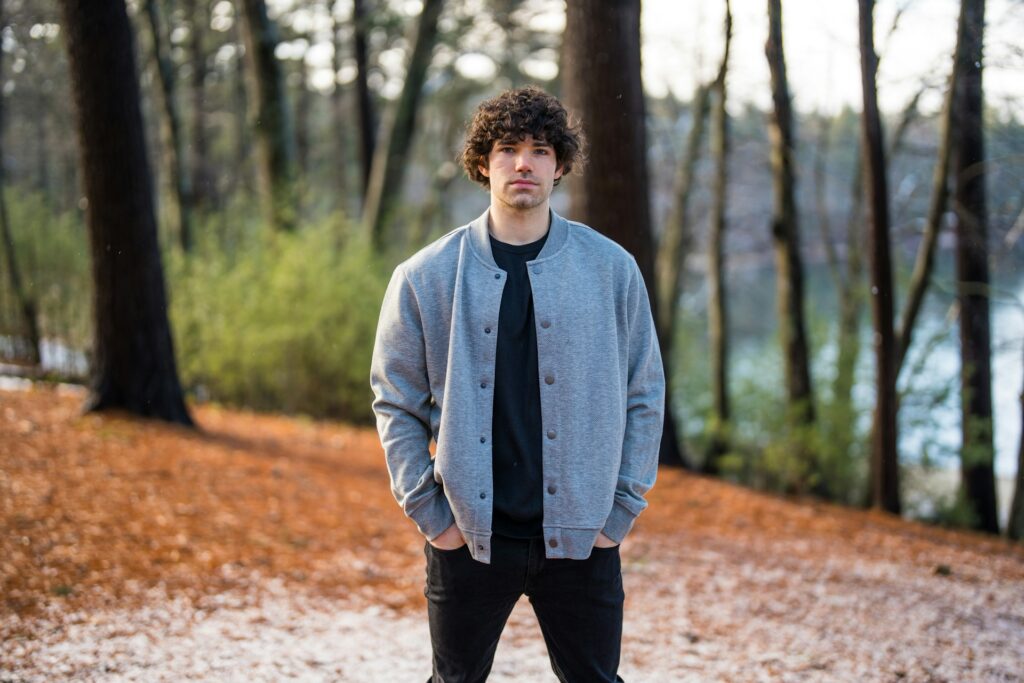
The discomfort of “not knowing” is real, and it can be tempting to look for quick answers or solutions just to ease that unease. But sometimes, the best thing you can do is sit with the uncertainty. Allow yourself the space to be okay with not having all the answers right away.
Being comfortable with uncertainty allows you to embrace the process of discovery rather than rushing to a conclusion. It’s okay not to have everything mapped out—sometimes, just being in the moment and trusting that things will unfold as they should is the best approach.
Trust in the ability to adapt.
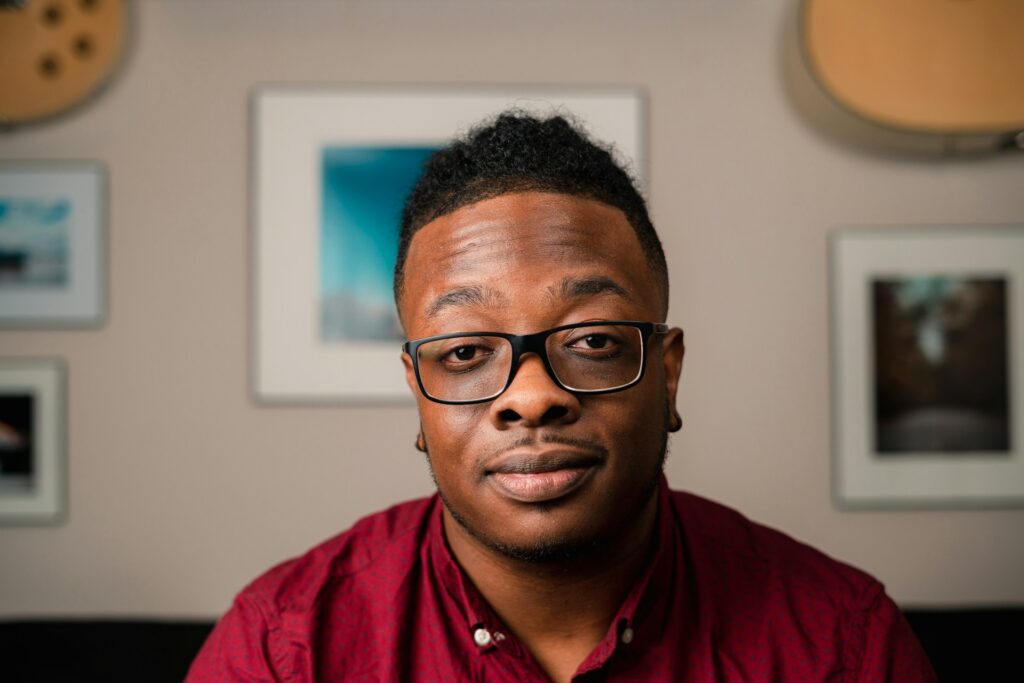
Even if you don’t have all the answers right now, trust in your ability to adapt. We are all incredibly adaptable, capable of learning and growing as we go. Life rarely goes exactly as planned, and part of the journey is about figuring things out along the way.
Instead of getting bogged down by the fear of not knowing, remind yourself that you have the resilience and ability to adjust as life changes. You’ve faced challenges before, and you’ll face them again. You don’t need all the answers upfront—what you need is the confidence in your ability to handle whatever comes your way.
Embrace imperfection more often.
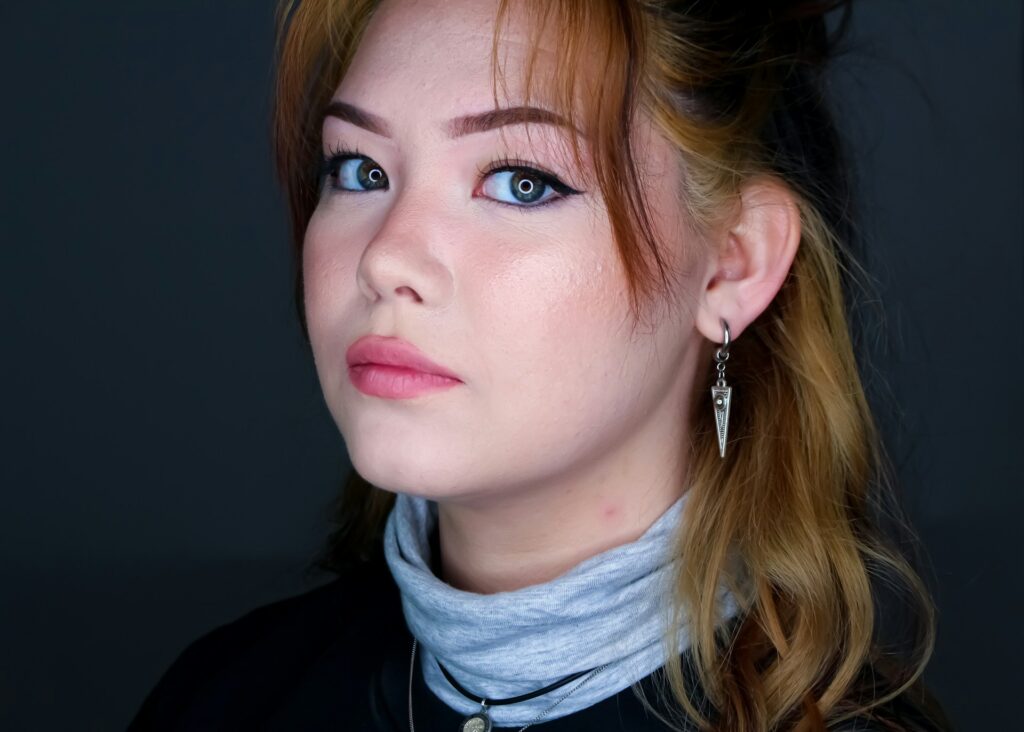
Perfectionism often stems from the belief that we need to have everything figured out. It’s the idea that if we don’t have all the answers, we’re somehow failing. But the reality is that imperfection is not only inevitable, it’s a key part of being human.
Instead of striving for perfection, try embracing imperfection. This doesn’t mean settling for mediocrity—it means accepting that you don’t have to be flawless to be successful or fulfilled. Perfection is overrated, and the most interesting parts of life often come from the unexpected and imperfect moments.
Be patient with yourself.
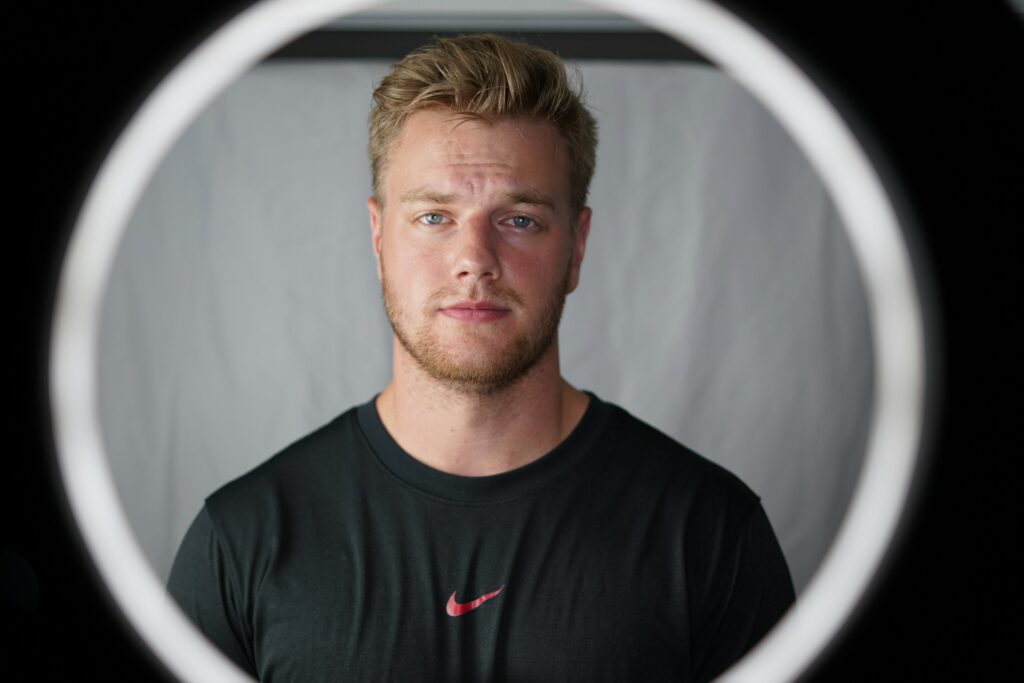
We live in a world that celebrates quick answers and instant solutions, but real growth takes time. Be patient with yourself as you navigate life’s uncertainties. The pressure to have everything figured out can lead to frustration and self-criticism, but remember that personal development is a lifelong process.
Trust that you are where you need to be right now. Every step you take, whether it feels like a success or a setback, is part of the process. Embrace the journey, and give yourself permission to take your time in figuring things out.
Talk to other people who are in the same boat.
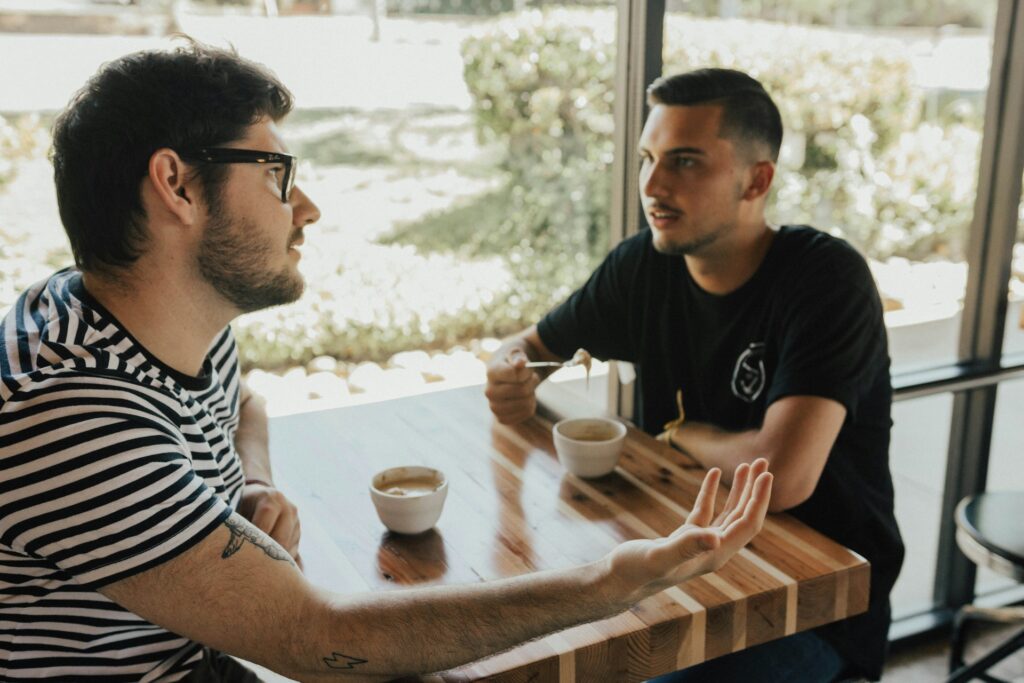
One of the best ways to ease the pressure of needing to have all the answers is to connect with people who feel the same way. Sharing your experiences with people who are also navigating uncertainty can help you feel less isolated.
Everyone is figuring things out, and by being open about not having all the answers, you create space for genuine connection. You’ll find that other people are often more understanding and empathetic than you realise. There’s power in vulnerability, and it can help build deeper, more authentic relationships.
Let go of comparison.
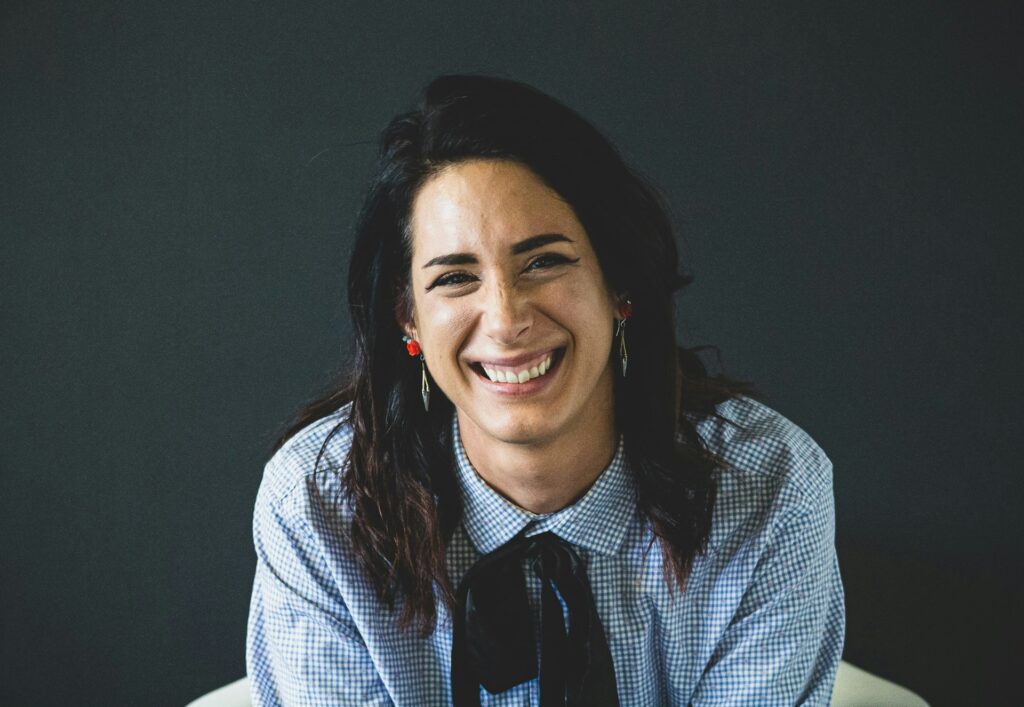
It’s easy to compare yourself to other people, especially when it seems like everyone else has it all figured out. Social media doesn’t help, either—it can often present an unrealistic version of other people’s lives, making it feel like everyone has the answers except for you.
But comparison is the thief of joy. Everyone is on their own journey, and just because someone else seems to have all the answers doesn’t mean they do. Focus on your own path, and let go of the need to compare yourself to anyone else. Your journey is uniquely yours, and that’s something to embrace.
Know that it’s okay to change your mind.
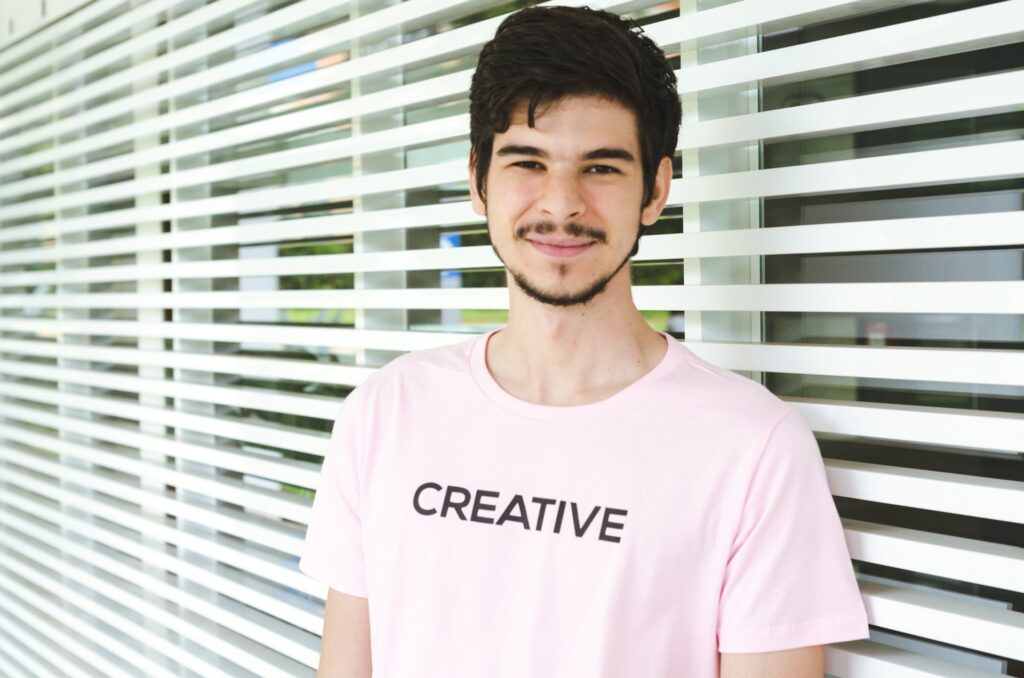
One of the greatest freedoms you can give yourself is the permission to change your mind. If you don’t have all the answers, you might realise later on that what you thought was the right path isn’t what you want anymore. And that’s okay.
Changing your mind doesn’t make you indecisive or weak—it makes you flexible and open to growth. Life is about evolution, and sometimes, the best course of action is to reassess, adapt, and make a new decision based on what you’ve learned along the way.
Cultivate a growth mindset.

Instead of feeling like you have to have all the answers right now, focus on cultivating a growth mindset. A growth mindset is the belief that your abilities, intelligence, and potential can be developed over time through effort and learning. This mindset encourages you to embrace challenges, learn from mistakes, and understand that the journey is just as important as the destination.
When you adopt a growth mindset, you start to see “not knowing” as an opportunity to grow and learn rather than as a deficiency. Embrace challenges, trust the process, and understand that you’ll figure it out as you go.
Show yourself a bit of compassion.

Above all, be kind to yourself. It’s easy to get frustrated when you don’t have all the answers, but remember that it’s okay to not have everything figured out. Be compassionate with yourself as you navigate the unknown. You’re doing the best you can, and that’s enough.
Practising self-compassion means accepting that you don’t have to be perfect or have all the answers to be worthy of love and respect. You are enough, exactly as you are, even if you don’t have everything figured out right now.
